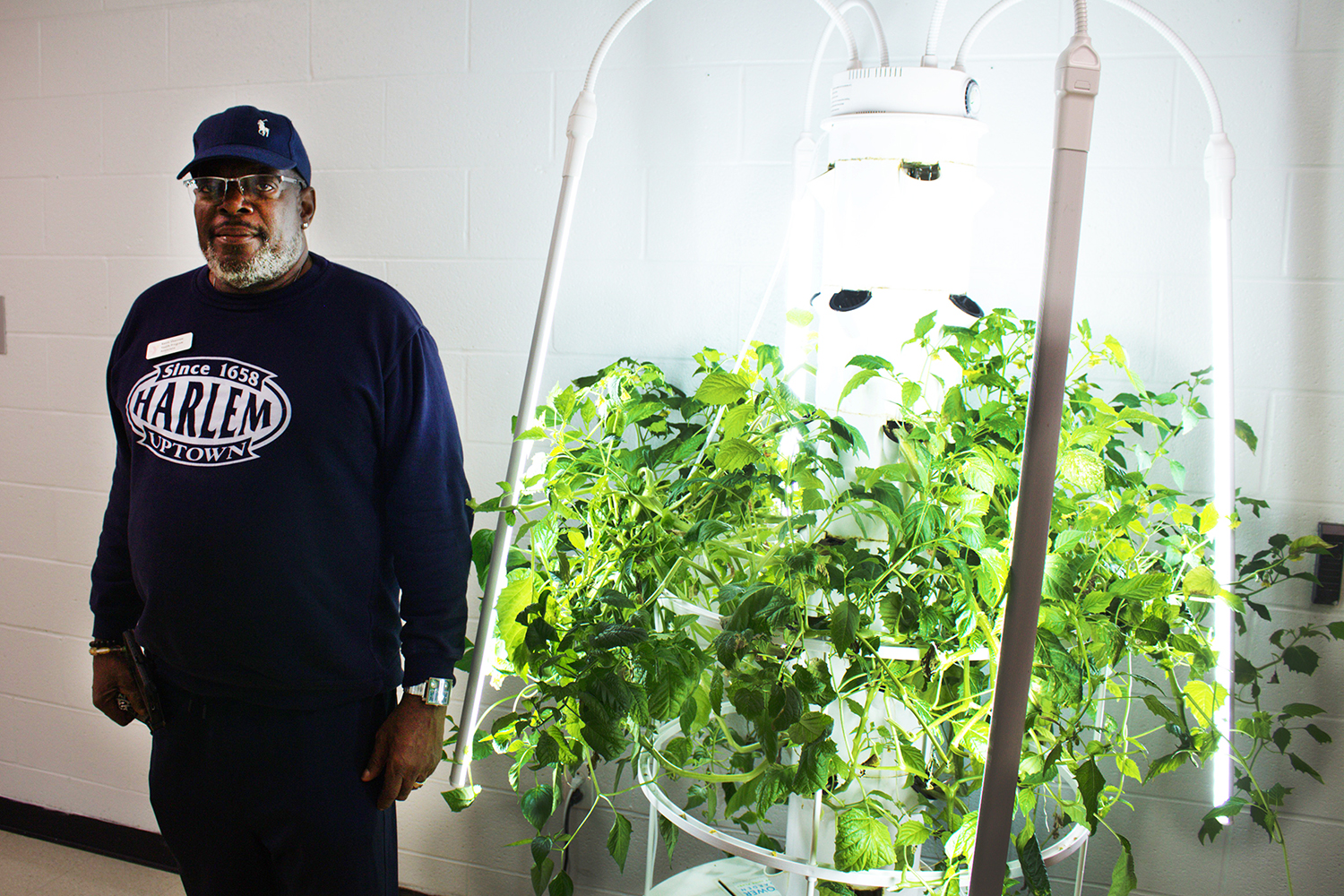UConn engineers are doing exceptional work that is often acknowledged in a variety of ways. Below is a selection of honors our faculty have recently received.

Distinguished Professor
UTC Chair Professor of Computer Science and Engineering and the Director of the Booth Engineering Center for Advanced Technologies Sanguthevar Rajasekaran was elected as a Board of Trustees Distinguished Professor. His research spans a spectrum of applications, including big data, computational biology, natural language parsing, simulating coastal waves, data mining (identifying patterns and useful information from seemingly unrelated voluminous data), biological sequence analysis, mobile computing, image processing, computational geometry, model checking, learning theory, and message routing in the Internet.
The Board of Trustees Distinguished Professor is the highest honor that the University bestows on faculty who have demonstrated excellence in teaching, research, and service, outreach, and public engagement. This award is for faculty who have spent at least 10 years of their career at UConn. Nominees should be actively engaged scholars, who excel in all three areas of teaching, research, and service, outreach, and public engagement.
Connecticut Academy of Science and Engineering
The Connecticut Academy of Science and Engineering recently elected a new class of members that includes a number of UConn Engineering faculty members.

Professor Puxian Gao of Materials Science and Engineering. Professor Gao’s research concentrates on nanomaterials synthesis, characterization and applications. His research group’s objective is to bridge the gap between nanoscience exploration and nanotechnology innovation. Specifically, they are striving for better understanding of the physical, chemical and biological phenomena involved in nanomaterials systems such as nanoparticles, nanowires and nanofilms. In the meantime, the team is exploring novel nanomaterials design and synthesis, and specifically suited nanotechnology innovations in conjunction with biotechnology, energy and environmental applications, such as actuators, catalysts, electron and power sources, and sensors.

Professor Baikun Li of Civil and Environmental Engineering. Maintaining clean water, soil, and air has become a global challenge. Professor Li’s bioenergy group is engaged in multidisciplinary research and education of sustainable environmental engineering. The group has been active in the fields of cost-effective bioenergy production and harvest from wastes, real-time environmental monitoring technology, and low-cost natural degradation processes. By elucidating scientific principles and realizing engineering operation, her team aims to understand the fundamental mechanisms of bioelectricity generation at both the science and engineering levels, enhancing the conversion efficiency of wastes to electricity, and finally scaling up the self-sustainable cost-effective natural and engineering systems in real-world application.

Professor and Director of Graduate Studies Alexander C. Russell of Computer Science and Engineering. Professor Russell received a B.A., cum laude, in mathematics and computer science from Cornell University in 1991. He then received an M.S. in Computer Science and a Ph.D. in Applied Mathematics from the Massachusetts Institute of Technology in 1993 and 1996. After postdoctoral positions at the Royal Institute of Technology, in Stockholm, the University of Texas at Austin, and the University of California at Berkeley, he joined the University of Connecting as an Assistant Professor in 1999. He is currently a professor and director of graduate studies in the department of Computer Science and Engineering. His research focuses on cryptography and quantum computing.
Research Professor Claudio Bruno of Mechanical Engineering. Professor Bruno is internationally known for innovations in the physics of energy conversion, including combustion and emissions predictions, its computational simulation, with novel applications to hypersonics, military and commercial aero-engines and space propulsion. Since 1965 he has explored a variety of advanced concepts in the physics of propulsion including gas dynamics; thermochemistry and chemical kinetics; compressible turbulence; turbulent combustion and catalytic combustion; chemical and nuclear space propulsion; gas turbine engines; solid and liquid rocket engines; catalytic recombination during orbital re-entry; high temperature metal oxidation and combustion; hypersonics; and high energy density matter.
The Connecticut Academy of Science and Engineering is a private, nonprofit, public-service institution patterned after the National Academy of Sciences. The Academy identifies and studies issues and technological advances that are or should be of concern to the people of Connecticut, and provides unbiased, expert advice on science- and technology-related issues to state government and other Connecticut institutions.
New members will be introduced, and the medal of science conferred, at the academy’s annual meeting and dinner on May 22 at UConn’s Rome ballroom.



